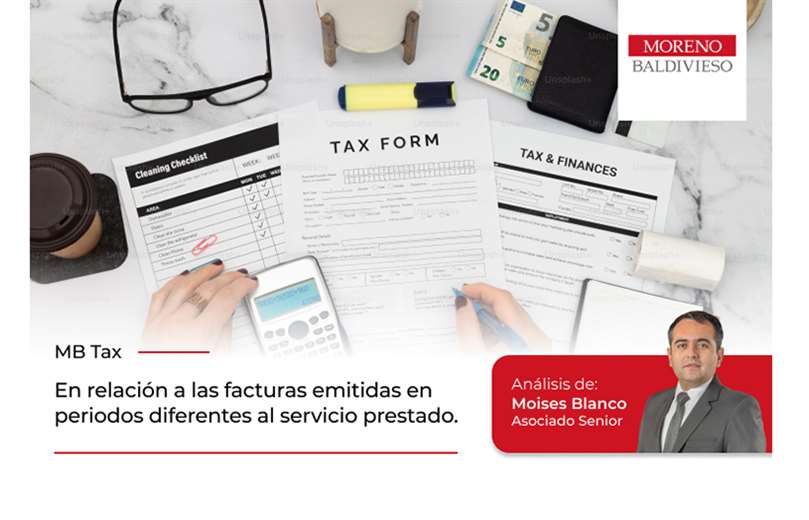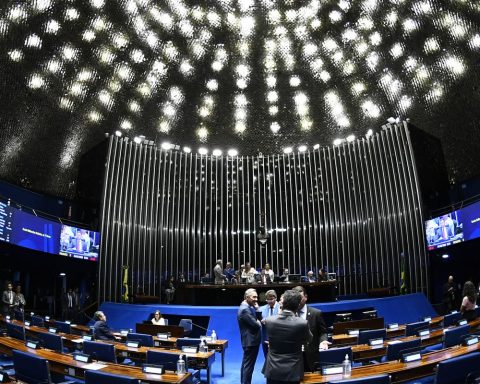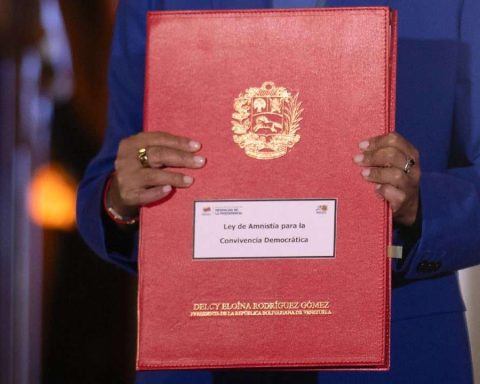
July 11, 2023, 4:05 AM
July 11, 2023, 4:05 AM
In the normal development of business activities, regardless of the category to which they dedicate themselves, companies usually contract various services, such as cleaning and maintenance of equipment, among others, which are regular and daily. However, In some cases, despite the fact that the payment for the service is made within the fiscal period in which it was carried out and ended, the providers issue the invoices the following month due to circumstances beyond the responsibility of the company that pays for the service. For this reason, once the invoice is obtained (the month following the payment and/or completion of the service), it is logical that the Tax Credit be appropriated.
This situation, which may seem very normal and routine for companies, has recently been observed by the National Tax Service – SIN. The criterion that has been established is that It is not appropriate to benefit from the Tax Credit for invoices issued in periods other than the service provided, even though it is not the buyer’s responsibility if the provider did not issue the invoice within the corresponding period.
In this sense, it is important to consider that Law No. 843, in its article 4, subparagraph b), establishes that the taxable event in the case of contracts for works or the provision of services and other benefits, whatever their nature, shall be perfected from the moment the execution is finished or provision of the service, or since the total or partial price is received, whichever occurs first. Furthermore, it points out that, in all these cases, the person in charge is obliged to issue the invoice, fiscal note or equivalent document, that is, the service provider.
It is important to note that the obligation to issue the invoice falls clearly on the service providerand in case of non-compliance, the SIN can impose corresponding sanctions according to the Tax Code.
In addition, it is necessary to take into account that the taxpayer who acquires goods or services has other tax obligations different from those of the seller of a good or service provider, so it is not fair to affect the buyer for an obligation of the supplier. This is especially relevant when the buyer complies with his tax obligations to assert his right to appropriate the VAT Tax Credit. Besides, Current tax regulations do not establish any coercive mechanism so that the buyer can force or pressure the supplier to issue the invoice in the same fiscal period in which the service was provided.
Given these types of observations, it corresponds that an operator of administration of justice, either in the administrative or judicial channel, makes the application of the norm prevail and repair the grievances that have occurred.















